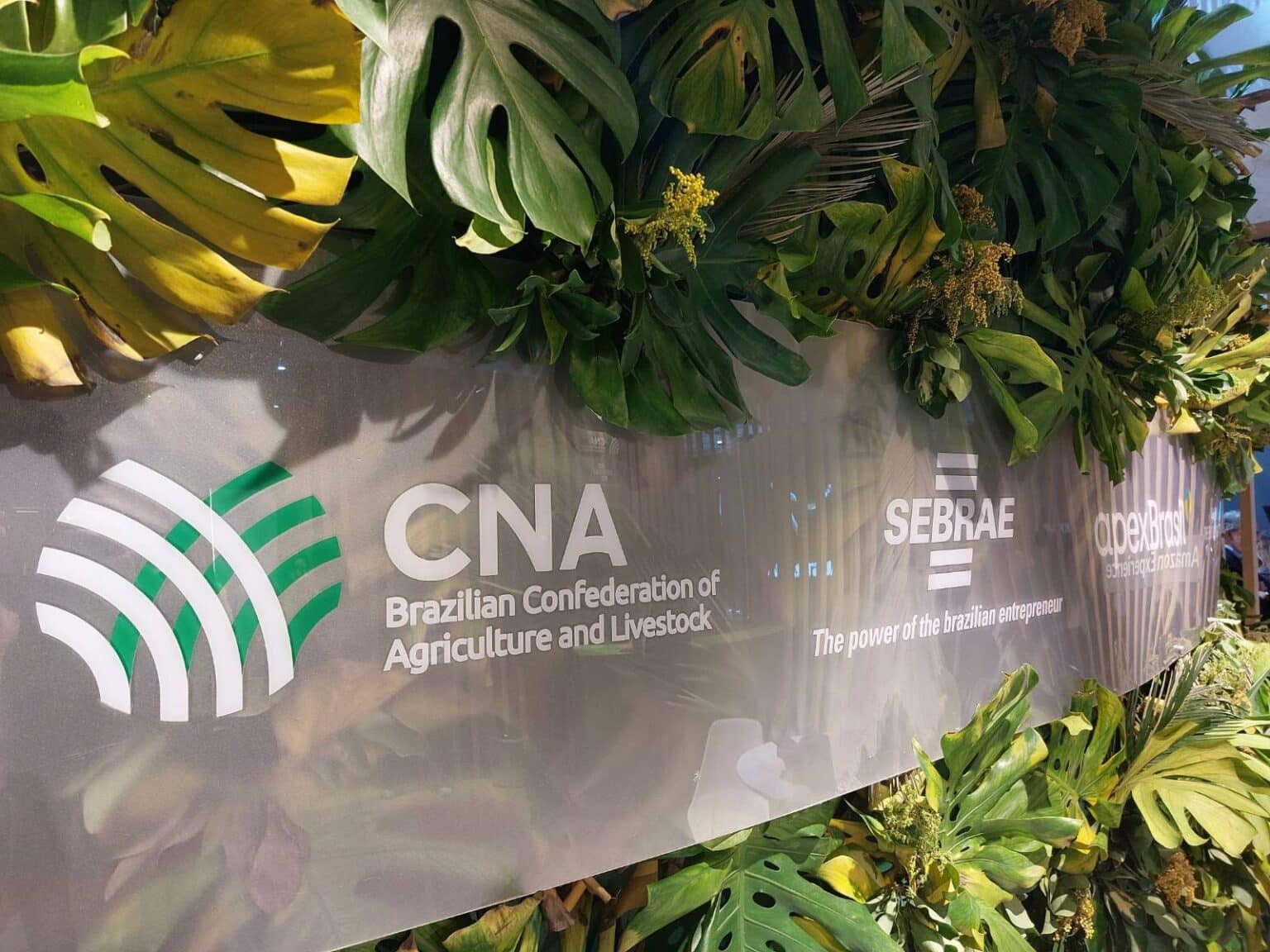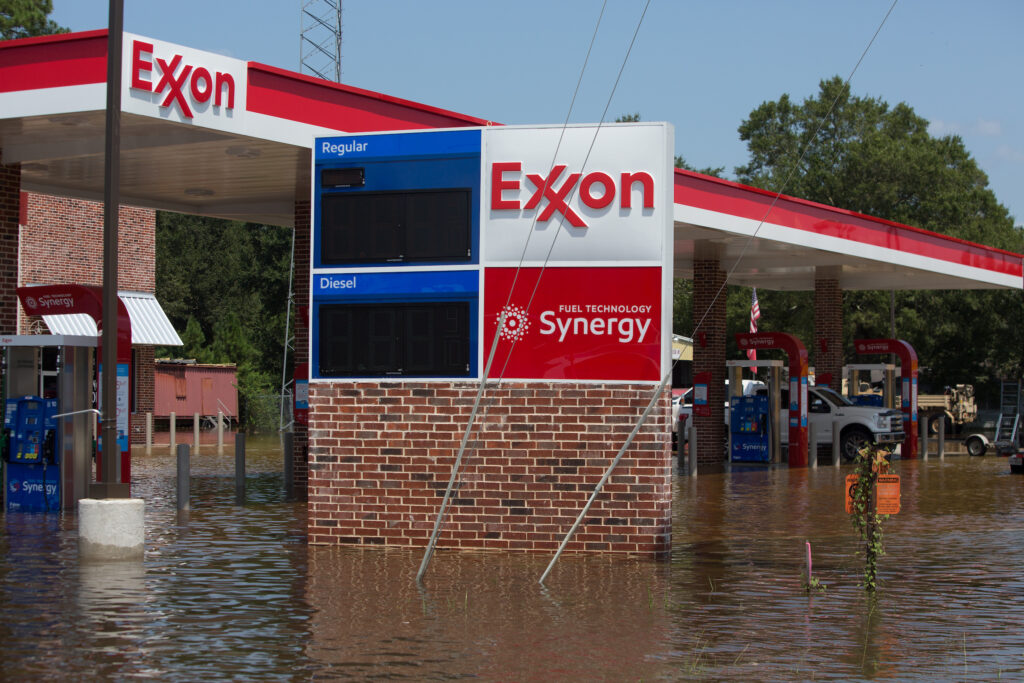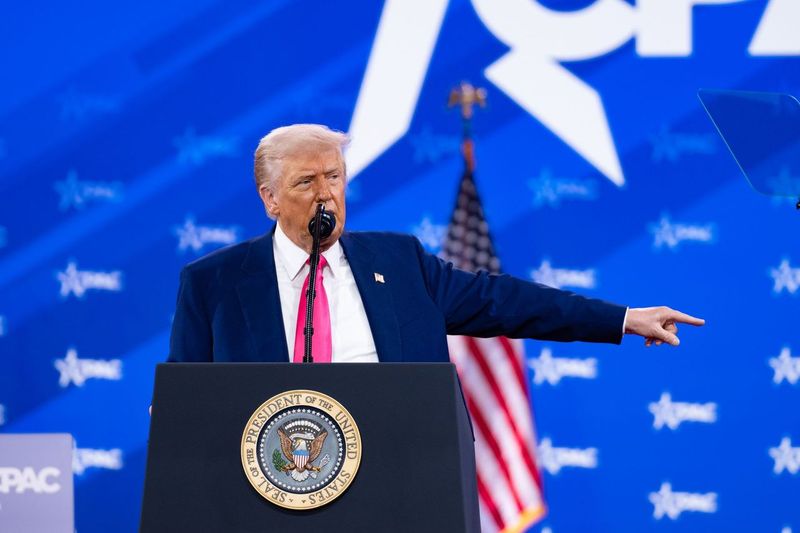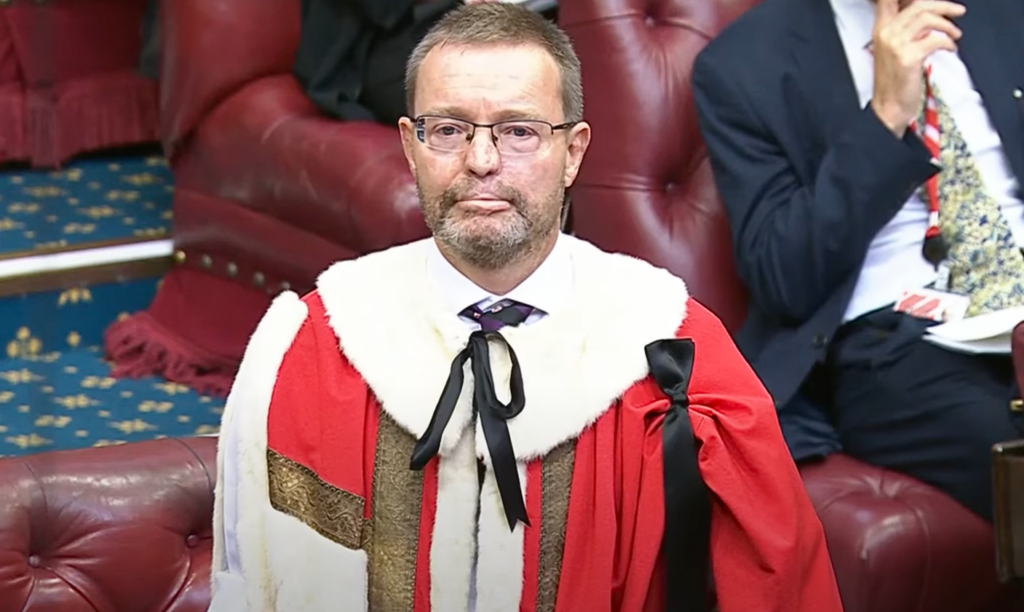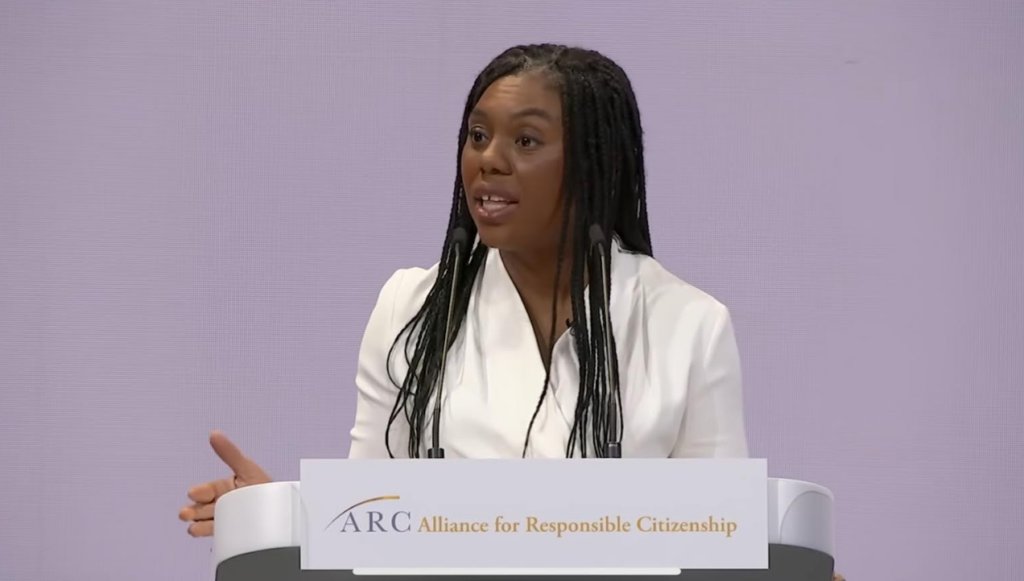The number of delegates representing big agribusiness has more than doubled at the UN climate talks since last year, leading to concerns from campaigners at access enjoyed by high-carbon companies attending the Egypt summit.
DeSmog counted the number of registered COP27 delegates who were either directly linked to the world’s largest agribusiness firms – such as meatpackers JBS, food corporation Cargill, or biotech leaders Bayer – or participating in the UN talks as part of delegations that represent industry interests.
The findings show that the number of delegates linked to powerful agribusiness interests has gone up steeply: from 76 in 2021 to at least 160 this year – double the presence at COP26 in Glasgow.
The number of delegates linked to the world’s top five pesticide producers (which between them have 27 lobbyists registered this year), are greater than some country delegations, DeSmog’s research finds.
The 35 delegates linked to the biggest meat and dairy companies and associated industry lobby groups are greater than the delegations of the Philippines and Haiti, which are among the countries most affected by climate breakdown.
Agribusiness delegates attending the climate talks at the Sharm el-Sheikh resort include the head of a U.S. meat lobby group that until recently claimed the extent of man-made climate change was “unknown”, as well as influential trade groups that have lobbied against climate action, DeSmog’s analysis found.
The world’s largest meat corporation JBS was also found to have gained privileged access to all negotiations, via the Brazil country delegation.
“The agribusiness lobbyists are there to confuse the issue and block meaningful action,” comments Monica Vargas Collazos from the non-profit GRAIN. “There is no way that we can deal with the climate crisis if our food system is in the hands of these corporations.”
Agriculture – which is responsible for an estimated third of all global emissions – has been higher up the agenda than at any previous round of climate talks.
But recent investigations by DeSmog have exposed the industry’s promotion of “false solutions” (such as high-tech plans to lower the methane quotient of cow burps), which have been championed by the U.S.-led AIM for Climate coalition, which has publicised industry-friendly “climate-smart” innovations at COP27.
“It’s bad news that this COP is not only packed out with fossil fuel lobbyists but also with their friends in the big agribusiness industry,” says Veronica Oakeshott, head of the Forests Team at Global Witness, which uncovered last week that over 600 representatives for polluting energy firms were registered to attend COP27 – a 25 percent jump from the previous year.
“This list includes some of the world’s most destructive companies, and they should only be included at COP with extreme caution,” she told DeSmog. “Such a big presence increases the chances of climate targets being watered down and drowns out the voices of others involved in agriculture, such as farmers, campaigners and smallholders’ organizations.”
Growing Pressure from Polluters
DeSmog’s analysis found an uptick in attendance by companies across the industrial food and farming sector.
The world’s biggest meat and dairy corporations sent 11 delegates, up from nine at the UN talks in Glasgow last year, while the number of delegates from major pesticides manufacturers more than doubled.
Representatives from industry lobby groups – representing meat, fertilisers, pesticides, dairy, and national farming associations – jumped from 63 to 130.
The increase comes as the total number of COP27 delegates fell by nine percent compared to the UN talks held last year.
Dubbed “Africa’s COP”, this year’s conference has put farming in the spotlight and its dedicated ‘adaptation and agriculture’ day was a historic first. Hunger is rising on the continent where communities are among those most affected by climate breakdown – and the least protected from its impacts. In Somalia, record drought is expected to force more than 6.5 million people into acute food insecurity by the end of December.
Yet negotiations have fallen short of what was hoped, according to campaigners. “COP conveners and governments are continuing to deprioritize the need to reduce emissions from the food system – including agriculture – by not tackling root causes,” nature-friendly food alliance Sustain writes on its website. “Large agribusiness and food corporations seemed to be given free rein to set the direction.”
DeSmog’s findings were produced through an analysis of the COP27 delegate list, which contains over 35,000 entries. Researchers queried the data for the names of major companies key to the industrial food system: the world’s largest meat and dairy firms, top pesticide and fertiliser companies, and other major agribusiness firms that work in areas such as food processing and commodity trading.
In addition to identifying delegates sent by corporations, DeSmog also counted the number of delegates who travelled to Egypt as part of the global and regional trade bodies that brought their own delegations to COP27.
Major trade bodies registered to attend include CropLife International, which lobbies on behalf of big corporations, and has pushed back against attempts to enact new climate measures.
Senior executives in the industry were among the delegates who attended, along with professionals who worked in sustainability, PR, and communications roles.
Big Meat and Dairy Climate Science Denial
The analysis shows that at least 35 delegates who represent the interests of big meat and dairy – an industry that is responsible for 14.5 percent of all global greenhouse gas emissions – were registered to attend COP27.
They included eight senior executives from meat giant JBS and food processor Cargill, alongside delegates of powerful meat and dairy trade groups such as the International Meat Secretariat, and Global Roundtable for Sustainable Beef.
Altogether at least seven lobby groups from the meat and dairy sector registered delegations for COP27, the analysis found; four were international, and three represented specific regions or countries, including major agricultural exporters such as New Zealand.
Also present at COP27 were the International Meat Secretariat, which has downplayed the science on the climate impacts of the sector, arguing that criticism is “often based on poor, selective evidence and data”.
High-profile U.S. meat lobbyist Eric Mittenthaler was among those registered as delegates of the Canadian Cattle Association, a North American industry group. Mittenthaler also heads up the North American Meat Institute, which until recently questioned climate science on its website. It has also pushed back against attempts to tackle emissions.
“It’s reasonable to argue that an industry still questioning whether climate change exists – and making false claims about what addresses climate change – does not deserve a seat at the table,” says U.S. academic Jennifer Jacquet.
“In general, both the fossil fuel companies and animal agriculture have responded to the threat of regulatory action in similar ways: they want to be seen as a major part of the solution, and they are willing to tinker with marginal changes rather than talking about the systemic change we so urgently need.”
Privileged Access for Companies Linked to Deforestation
Most corporations and lobby groups that attend the COP climate summits have “observer” status. However, nation states can choose to include industry representatives in their own country delegations, which grants members more privileges at the talks.
The meat giant JBS, for example, gained access to all negotiations because it came as part of Brazil’s country delegation.
A study released this week found that the methane emissions of JBS exceeded combined livestock emissions for France, Germany, Canada, and New Zealand. The company last week admitted to buying almost 9,000 cattle from “one of the biggest deforesters in Brazil”.
In 2021, Brazil’s delegation included global meat corporations Marfrig and Minerva Foods. Along with JBS, these companies account for 70 percent of all cattle raised in the Brazilian rainforest, according to the NGO Amazon Watch. Both Marfrig and Minerva Foods have also been linked to deforestation in their supply chains.
Other industry bodies granted access through country delegations at Sharm el-Sheikh include Brazil’s beef association ABIEC and Russia’s National Dairy Producers Union.
The Brazilian government was contacted for comment.
A Bigger Presence
DeSmog’s analysis only gives a snapshot of the industrial agriculture sector’s influence at COP27 and is likely to be a conservative estimate.
National agribusiness groups who did not bring their own delegation but attended under the umbrella of other business associations such as Chambers of Commerce, fell outside the scope of the research. So too did groups such as Business Europe, which represents agribusiness interests alongside those of other sectors.
Other key food and farming delegations to COP27 include organisations such as the Inter-American Institute for Cooperation on Agriculture (IICA), which, while not a trade body itself, maintains close ties with the sector.
As well as including agribusiness representatives within its delegation, IICA has run a food and farming focussed pavilion (entitled the Home of Sustainable Agriculture of the Americas), which is sponsored by pesticide firms Bayer, Syngenta, the lobby group CropLife, and others.
The UN’s official list of delegates also gives an incomplete picture. Sponsorship by high-emitting industries has been subject to increased scrutiny this week and at past COPs in recent years.
Industry can also find a route to influence as participants in events. During COP27 the IICA hosted an online panel, which featured UC Davis professor Frank Mitloehner, a high profile defender of the meat industry – which also funds his research, according to a recent investigation by Unearthed and The New York Times.
“Meat and dairy lobbyists are using the same tactics as the fossil fuel industry,” Greenpeace’s Diana Ruiz told DeSmog. “They are sowing public doubt through media campaigns and undermining scientific consensus on the livestock industry’s contribution to the climate crisis.
“The sectors that are most responsible for the climate crisis and that have worked for decades to delay climate action in order to continue business as usual – are seeking to co-opt the very international fora set up to address the systemic challenges the world now faces,” she said.
With additional research by Christopher Deane and Michaela Herrmann.
Subscribe to our newsletter
Stay up to date with DeSmog news and alerts


